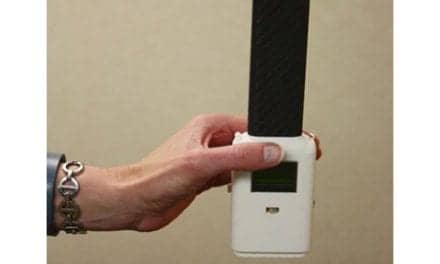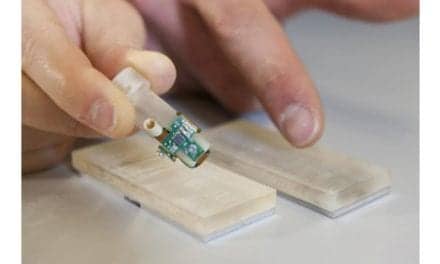A study recently published in the Annals of Internal Medicine targets perineural inhibitors of tumor necrosis factor as a potential alternative to epidural steroid injections for patients with lumbosacral radiculpathy. Researchers report that the study was designed to evaluate whether epidural steroids, entanercept, or saline offered improvement in pain and function in adult patients with lumbosacral radiculpathy.
The multi-center, 3-group, randomized, placebo-controlled trial was reportedly conducted from 2008 to 2011. The study assignment was blinded to patients, treating physicians, and nurses assessing the trial’s outcomes. Study participants received 2 epidural injections of steroids, etanercept, or saline mixed with bupivacaine, with each treatment separated by 2 weeks. Researchers add that randomization was computer-generated and stratified by site.
Researchers also note that the trial’s primary outcome was measured by leg pain one month following the second injection. Each group of patients performed one-month follow-up visits and those whose condition improved remained blinded for the 6-month study. The results suggest that patients who were treated with epidural steroids exhibited greater reductions in the primary outcome measure compared to those who were treated with saline or etanercept. In regard to back pain, researchers say they observed smaller differences that favored steroids compared to saline and etanercept. Results indicate that larger differences were observed in functional capacity, with etanercept performing poorly compared to the other treatments.
The results also note that 75% of patients treated with epidural steroids reported more than 50% greater leg pain relief and greater positive global perceived effect at one month than patients treated with saline or etanercept. According to researchers, the study’s limitations include its short-term follow-up, small sample size, and potentially sub-therapeutic dose of etanercept.
Researchers conclude that epidural steroid injections may provide modest short-term pain relief for some patients with lumbosacral radiculopathy, but call for larger studies with longer follow-up to confirm these benefits.
Source: Annals of Internal Medicine




